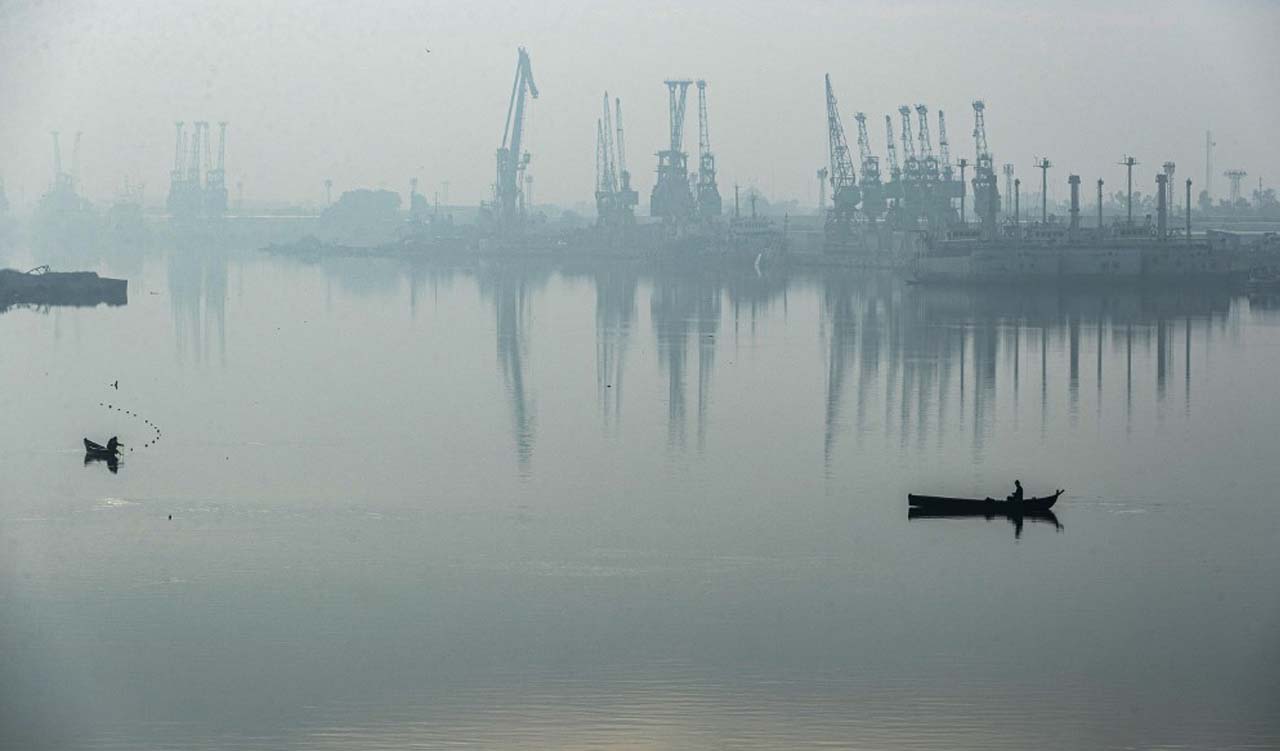Iraq experienced ‘unprecedented’ drought in 2023: minister of water resources
The United Nations in July warned against the “grave consequences” as a result of declining water levels in Iraq.

ERBIL (Kurdistan 24) – Iraq experienced an “unprecedented” year in drought with record high temperatures and evaporation of surface water, the country’s minister of water resources said on Sunday.
Iraq’s loss of surface water annually is estimated to be eight billion cubic meters, Minister of Water Resources Aoun Diab Abdullah said in a presser.
Record temperature and high evaporation rate led to “unprecedented drought” in the country, according to the official.
Reduced water flow from Turkey and Iran has also contributed to water shortages that Iraq annually suffers, particularly in the scorching summer seasons.
Turkey has reduced the release of water to 300 cubic meters per second, contrary to the agreed-upon 500 cubic meters in the Euphrates River, according to the minister.
The United Nations in July warned against the “grave consequences” of declining water levels in the country, particularly the southern marshes.
“The marshes are experiencing the most severe heat wave in the last 40 years, accompanied by a sudden water shortage in the Euphrates River,” the UN’s Food and Agriculture Organization (FAO) warned, calling for urgent action to thwart further destruction of the biodiversity.
The displaced rural populations, whose livelihoods are dependent on agriculture and livestock farming, have moved to urban centers for food, water, and employment opportunities, the UN agency said.
High salinity levels have exceeded 6000 ppm in the wetlands, leading to the deterioration of the environment for fisheries and buffalo breeders. Iraq has recently witnessed thousands of dead fish washed up in the rivers of the marshlands with environmentalists blaming the extraordinary rise of salinity in the water.
The dangerous level of water scarcity in Iraq has been blamed on climate change, and upstream dam buildings by neighboring Turkey and Iran. Water mismanagement and outdated agricultural practices are also cited as amplifiers of the crisis.